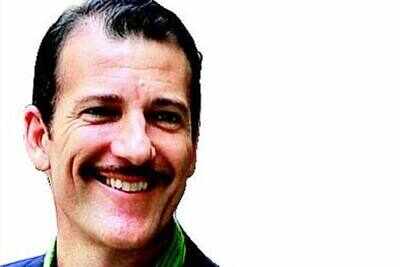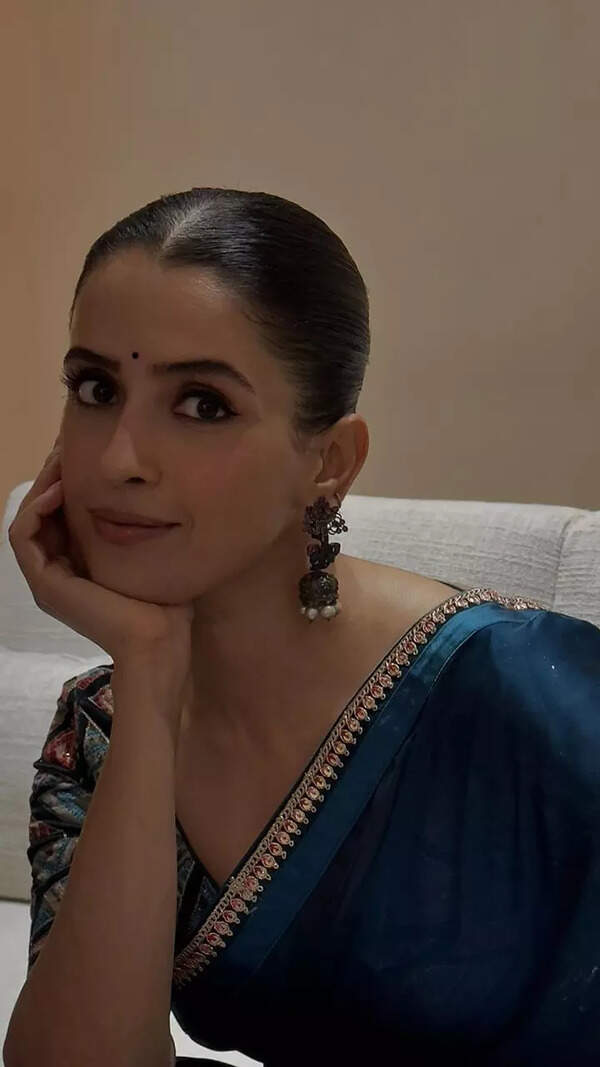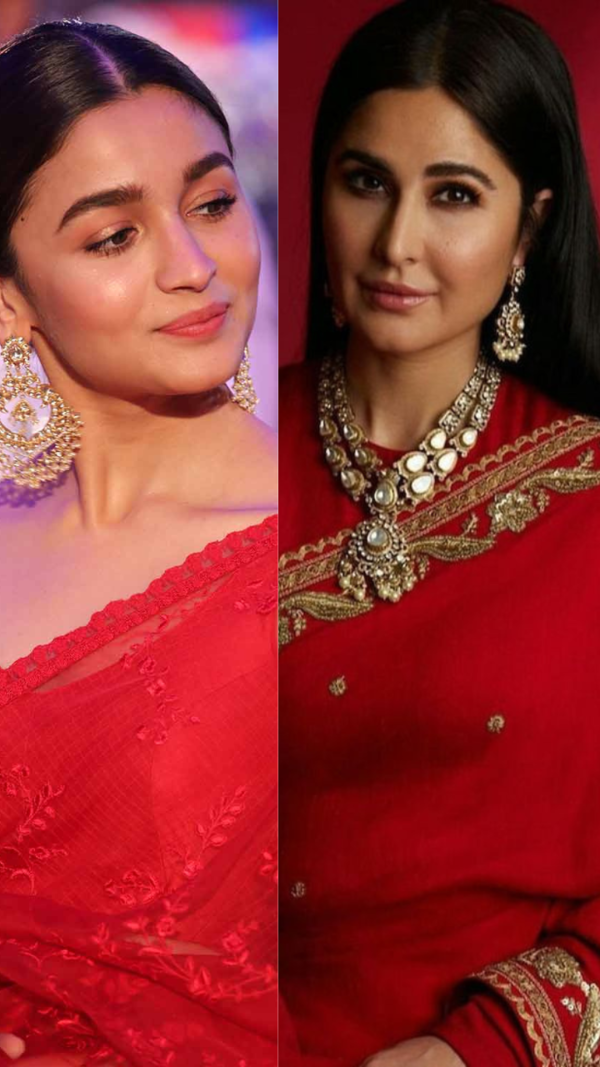- News
- entertainment
- english
- hollywood
- The man who knew Mother Teresa
Trending
This story is from May 20, 2012
The man who knew Mother Teresa
In an epic biopic shot in Goa on the legendary Albanian nun from Kolkata, American actor Mark Bennington plays the only journalist she ever opened up to. Next on his wishlist, he tells Purba Dutt, is the part of a Bollywood villain who meets a “terrific” death

FOR the last two months, Goa has been home to a group of foreigners other than the Russian land mafia in Morjim, and Israeli backpackers who throng its villages.

She is one reason (other than the presence of Academy Award-nominated cinematographer Jack Green) why Mark Bennington said yes to The Letters, a biopic on the late missionary, directed by William (Bill) Riead, although he had given up acting to turn photographer. The film stems from a set of letters, three trunks full, that Mother Teresa wrote to her spiritual confidant Rev. Michael van der Peet, admitting that she felt abandoned by God. An experience that’s referred to as ‘the dark night of the soul’ stirred a controversy when the letters were made public in 2007.
Bennington, who Indian audiences will recognise from his role as Adult Icheb in the TV series, Star Trek: Voyager, has been picked to play a character who the nun, known for her work in India’s slums, grew to trust. “I play Graham Widdecombe, a popular radio reporter working in London. He is a war correspondent who gathers fame with his WWII reportage. He’s sent to India after the Partition, and asked to handle a ‘soft news’ story about a nun who works with the poor,” says Bennington about the character who turns from cynical reporter to compassionate believer. “There’s a beautiful arch to the character, and the relationship he shares with the Mother is special.”
Excerpts from the interview: Is your character central to the film? Yes. I arrive in India in the late 1940s, stay on for a couple of years to cover Mother Teresa’s work, and then am back towards the end of the film, in Oslo in 1979, where she is being awarded the Nobel Peace Prize. The Mother doesn’t meet Widdecombe easily at first, refusing to give him time. When he says he wishes to speak to her about her work, she says, ‘It’s God’s work, not mine’. It’s his dogged determination that finally allows him entry into her private world.
So, The Letters is based on actual events? We have taken a few liberties with facts, so in a sense, it’s fiction, but the story is centred on a person who walked this Earth. Incidents that occurred in her life are replicated on screen.
How did you prepare to play Widdecombe? I read Malcolm Muggerridge’s Something Beautiful for God. Besides I hunted down old wartime radio clips to make sure I had his accent, pitch and cadence all down pat. At the acting school I went to, Juliet Stevenson’s performance in the stage adaptation of Death and the Maiden was compulsory watching. She is an idol. Sharing screen space with her meant I had to give it my best.
Where was the film shot? In Goa, Kolkata and London.
A memory from the shoot you’ll take away? A hilarious detail, actually — we never had enough lunch for the entire cast and crew. Here’s why: the cast included about 400 Russians who were meant to play audience at the Oslo Peace Prize ceremony. And when they dropped in for lunch, within minutes, everything would be wiped clean. There was a day when I and two of my co-actors had to split a meal!
End of Article
FOLLOW US ON SOCIAL MEDIA








